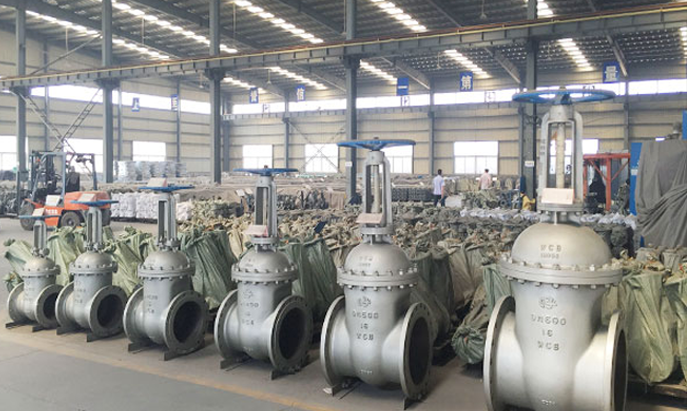floating ball valves
Understanding Floating Ball Valves A Key Component in Fluid Control
Floating ball valves are essential devices in various industrial applications, renowned for their reliability, ease of use, and efficiency in controlling the flow of fluids. These valves are designed with a ball that floats within the valve body, allowing for a tight seal when closed, which makes them particularly effective in both on-off and throttling operations.
Construction and Functionality
A floating ball valve consists of a spherical ball with a hole or port through the center. It's positioned between two valve seats within the valve body. When the valve is closed, the ball is pushed against the seat by the pressure of the fluid within the pipe, creating a seal that prevents flow. When the valve is opened, the ball rotates, allowing fluid to flow through the valve. This straightforward mechanism not only simplifies installation and maintenance but also enhances the overall durability of the valve.
Advantages of Floating Ball Valves
1. Reliable Sealing The design of the floating ball valve allows it to create an excellent seal, which minimizes the risk of leaks. This is particularly important in industries where leakage can result in safety hazards or environmental damage.
2. Ease of Operation Floating ball valves typically require only a quarter turn of the handle to operate, making them user-friendly. This feature is crucial in applications where rapid valve operation is necessary.
floating ball valves

3. Versatility These valves can handle a variety of fluids, including gases, liquids, and slurry. This versatility makes them suitable for industries ranging from oil and gas to water treatment and chemical processing.
4. Low Maintenance With fewer moving parts compared to other types of valves, floating ball valves require less maintenance and are less likely to fail. This leads to lower operational costs over time.
5. Wide Range of Sizes and Materials Floating ball valves are available in various sizes and materials—such as stainless steel, brass, and PVC—allowing them to be tailored to specific applications and environmental conditions.
Applications
Floating ball valves are used in a myriad of applications across different sectors. In the oil and gas industry, they control flow in pipelines and storage tanks. In chemical processing, they safely regulate chemicals and corrosive substances. Additionally, they are prevalent in HVAC systems, water treatment plants, and hydronic heating applications.
Conclusion
In conclusion, floating ball valves stand out as a versatile and reliable solution for fluid regulation in numerous industrial applications. Their efficient design offers excellent sealing capabilities, ease of operation, and low maintenance needs, making them a favored choice for engineers and operators alike. As industries continue to evolve and demand higher efficiency and reliability, floating ball valves will undoubtedly remain a significant component of fluid control systems.
-
The Key to Fluid Control: Exploring the Advantages of Ball Valves in Industrial SystemsNewsJul.09,2025
-
The Versatile World of 1, 2, and 3 Piece Ball ValvesNewsJul.09,2025
-
Stainless Steel Ball Valves: The Ideal Choice for Efficient Flow ControlNewsJul.09,2025
-
Optimizing Fluid Control with Ball Float ValvesNewsJul.09,2025
-
Manual Gate Valves: Essential for Control and EfficiencyNewsJul.09,2025
-
Everything You Need to Know About Butterfly ValvesNewsJul.09,2025
-
The Versatility of Wafer Type Butterfly ValvesNewsJul.08,2025




